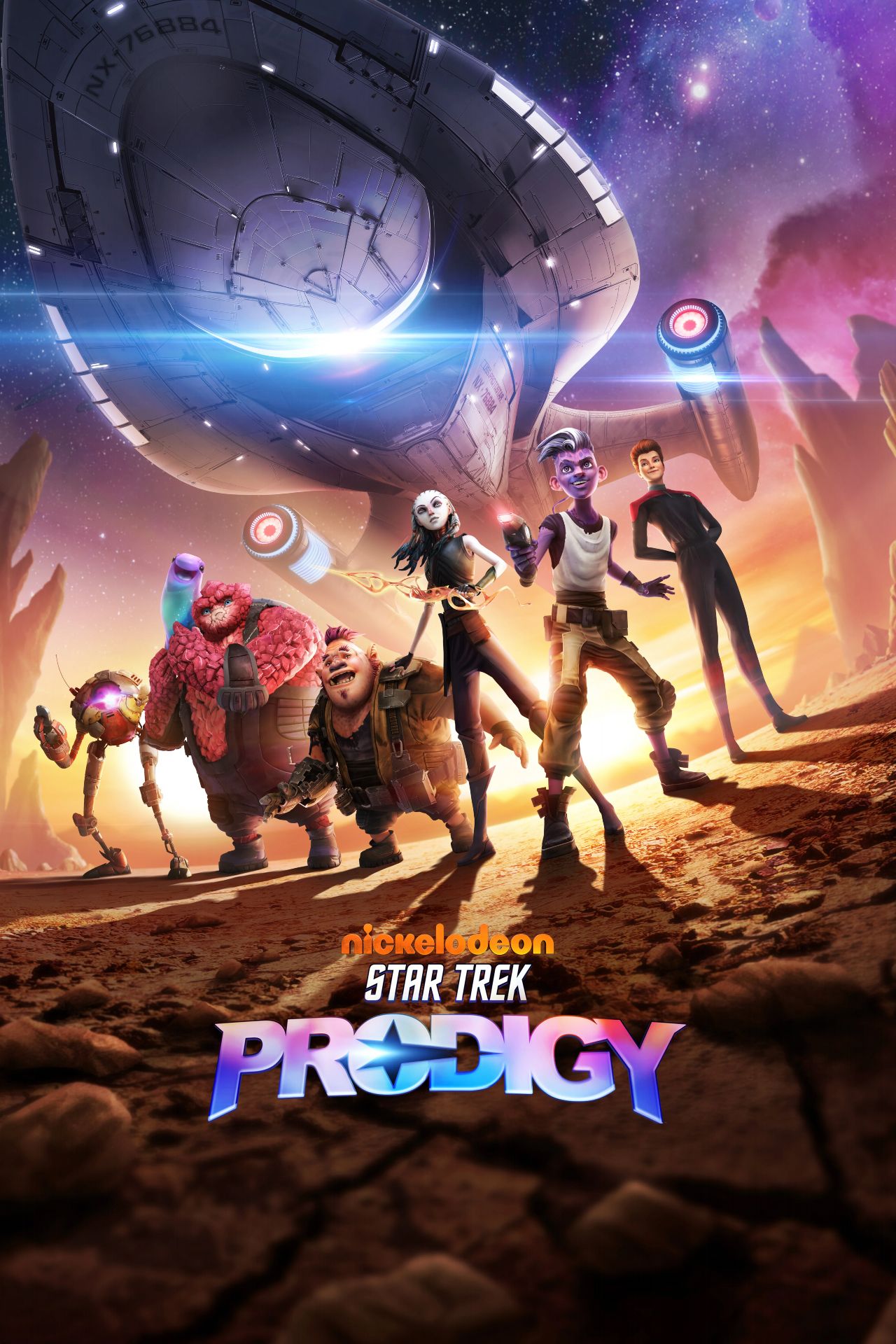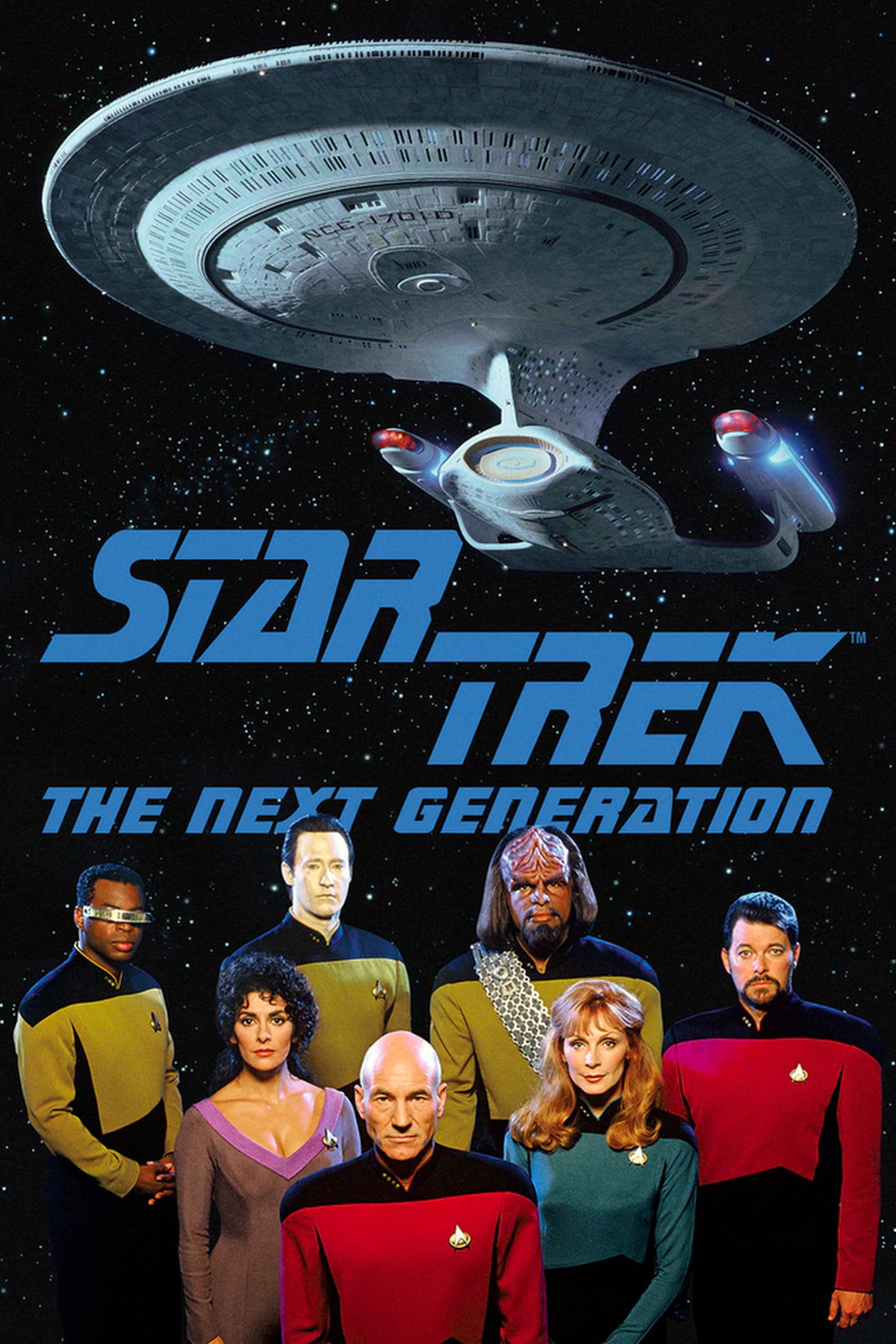
Star Trek Has Had Genderless Aliens Since The Original Series 56 Years Ago
WARNING: This article contains SPOILERS for Star Trek: Prodigy season 2
Summary
- Star Trek has a history of featuring non-gender-specific aliens, with the Medusans in TOS and the J’naii in TNG challenging societal norms.
- The character Zero in Prodigy continues this tradition, exploring the Medusans as a genderless species exploring life through human senses.
- Star Trek has a diverse list of genderless or gender-diverse characters, showcasing a commitment to exploring identity outside human standards.
Star Trek introduced non-gender-specific aliens, the Medusans, in Star Trek: The Original Series 56 years ago. Star Trek: The Next Generation brought in another species of non-gender-specific aliens 32 years ago. Zero (Angus Imrie), the young Medusan hero of Star Trek: Prodigy, continues this tradition. The cast of Star Trek: The Original Series was a trailblazing force on TV, but the franchise didn’t get a real comeback with progressive themes until the diverse cast of Star Trek: The Next Generation characters ushered in the subsequent (and iconic) 1990s era of Star Trek.
Star Trek: The Next Generation featured a species without a set gender binary in the TNG season 5 episode, “The Outcast,” which helped define the willingness of Star Trek TV shows to push the boundaries of its 1990s time period. By the time Star Trek: Prodigy came out, it was perfectly poised to take the franchise forward regarding alien species that aren’t based on human societal standards. After all, Star Trek has had genderless aliens since even before the 1990s.
Related
11 LGBTQ+ Characters New Star Trek Shows Gave Canon
After decades of allegorical representation, new Star Trek shows don’t shy away from including complex, interesting, and realistic LGBTQ+ characters.
Star Trek: The Next Generation Introduced the Genderless J’naii
TNG featured a short-lived romance between William Riker and a genderless alien named Soren
Star Trek: The Next Generation season 5’s “The Outcast” features an alien race called the J’naii, which is an androgynous species that finds the concept of gender offensive. The crew of the USS Enterprise-D are introduced to Soren (Melinda Culea), a young member of the J’naii. Commander William Riker (Jonathan Frakes) accompanies Soren on a mission to recover a lost J’naii shuttle, and the two quickly grow close. Soren admits to Riker that they are beginning to identify as female despite the J’naii social taboo against having one gender.
Their romance is cut short by another member of the J’naii reporting both Soren and Commander Riker to the J’naii authorities. Soren is arrested for harboring beliefs that would harm their society. Despite Soren giving one of the best Star Trek speeches calling for the acceptance of all J’naii with a gender, they are nonetheless subjected to psychotectic therapy. This “treatment” removes all traces of a single gender and, subsequently, the feelings Soren once had for Commander Riker. With “The Outcast,” Star Trek: The Next Generation challenged the human concept of gender identity and portrayed a species whose idea of gender was reversed.
Soren is arguably the first openly transgender character on
Star Trek
, paving the way for future gender-diverse characters such as Adira Tal (Blu Del Barrio) and Gray Tal (Ian Alexander) in
Star Trek: Discovery
and Captain Angel (Jesse James Keitel) in
Star Trek: Strange New Worlds
.
Star Trek: Prodigy Season 2 Highlights Zero’s Genderless Medusan Species
Medusans stand entirely outside of gender
In Star Trek: Prodigy, Zero (Angus Imrie) represents the aliens called the Medusans. Like all Medusans, Zero is a telepathic, empathic, and non-corporeal lifeform. Zero is contained in a suit that protects onlookers from going insane by looking at their true form. Medusans have no body, no gender, and no concept of either. However, while Zero does not strive for a gender, they wish to use human senses to experience life like their friends. In Star Trek: Prodigy season 2, it’s revealed that Zero has that chance after all. Zero also sparks a close friendship with Maj’el (Michaela Dietz), a young Vulcan, which could grow into something more.
Ambassador Kollis was the first Medusan introduced in
Star Trek: The Original Series
season 3’s “Is There No Truth In Beauty?”
The Medusans are an alien species that are outside of gender altogether, and they are Star Trek‘s latest exploration of non-human concepts surrounding gender and identity. The J’naii were Star Trek: The Next Generation‘s inclusion of non-gender-specific aliens. Star Trek: Deep Space Nine explored the changeable identity of the Trill. Star Trek: Discovery featured openly transgender characters. Star Trek: Prodigy‘s Zero is a welcome addition to Star Trek‘s diverse list of genderless or gender-diverse characters.

Star Trek: Prodigy
Star Trek: Prodigy is the first TV series in the Star Trek franchise marketed toward children, and one of the few animated series in the franchise. The story follows a group of young aliens who find a stolen Starfleet ship and use it to escape from the Tars Lamora prison colony where they are all held captive. Working together with the help of a holographic Captain Kathryn Janeway (Kate Mulgrew), the new crew of the USS Protostar must find their way back to the Alpha Quadrant to warn the Federation of the deadly threat that is pursuing them.
- Cast
- Rylee Alazraqui , Brett Gray , Kate Mulgrew , Ella Purnell , Dee Bradley Baker , Angus Imrie , Jason Mantzoukas , John Noble
- Release Date
- October 28, 2021
- Writers
- Dan Hageman , Kevin Hageman
- Franchise
- Star Trek

Star Trek: The Next Generation
Star Trek: The Next Generation is the third installment in the sci-fi franchise and follows the adventures of Captain Jean-Luc Picard and the crew members of the USS Enterprise. Set around one hundred years after the original series, Picard and his crew travel through the galaxy in largely self-contained episodes exploring the crew dynamics and their own political discourse. The series also had several overarching plots that would develop over the course of the isolated episodes, with four films released in tandem with the series to further some of these story elements.
- Release Date
- September 28, 1987
- Seasons
- 7
